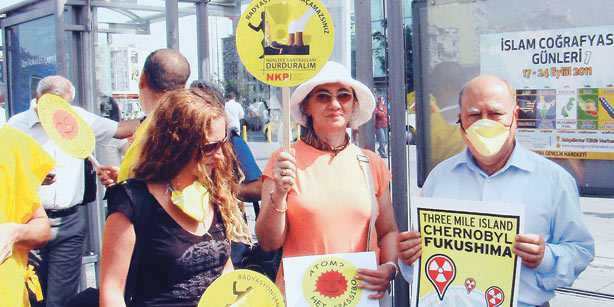Last night Mark Zuckerberg, Facebook’s founder and chief executive did it again: he made the web even more social. And naturally, he put Facebook at the heart of it.
 By Emma Barnett, Digital Media Editor
By Emma Barnett, Digital Media Editor
At f8, Facebook’s annual developers conference in San Francisco, an increasingly polished and media savvy Zuckerberg took to stage to explain the site’s latest makeover – after a little aside in which he told the crowd that the site had managed to attract half a billion users in a single day.
After the cheers and whooping, which have become customary at these American live-streamed tech bonanzas, Zuckerberg introduced the ‘Timeline’.
The concept of Timeline, is that users put their entire lives on Facebook, organized by days, months and years. And then they can fill in the blanks – right back to their births.
Scan in baby pictures, upload old home movies, load in maps to chart memorable journeys – Facebook wants everyone’s life story loaded into its system.
Facebook members can edit the ‘Timeline’, erasing or adding chapters as they go. Boyfriends can be deleted and new ones added – it’s your life and therefore your story.
And there are some lovely additions – such as the large background photo behind the profile picture – which makes each user’s page look more like a personalized website, rather than a subsection of Facebook.
Interestingly Timeline looks a little like the Flipboard, the social media magazine iPad app, but instead of aggregating and displaying media content beautifully, it shows off each user’s personal content.
Then came the announcement of media and content arriving onto Facebook. Partnerships with the likes of Spotify, The Washington Post and Netflix finally take Facebook into a world of content. Until now the users have had to bring the content to Facebook and after that, they have had to leave the site to see the material or listen to the song.
Now this ‘new breed of content apps’ will all appear in the Facebook News Feed and be watched, listened to or read, without leaving the site.
Facebook has just moved one step closer to becoming a web within the web – and certainly even nearer to becoming the social platform of the whole web – in spite of Google’s best efforts with Google+.
But what will be interesting to watch is whether people really do engage with their Timelines, filling in their past and charting their future through the various filters on offer.
Will fears about privacy and what is happening to our data stop users from taking these extra steps? Or has Zuckerberg created another form of behaviour, digitally scrapbooking our whole lives, that people didn’t yet know they would want to do until Facebook suggested it?
Certainly the intensely private Zuckerberg was practicing what he preached last night – by showing everyone his Timeline – including a photo of him and his girlfriend, Priscilla, on their first road trip.
However, despite all the changes, there has been very little noise about how the site’s advertising will alter to fit in around the new app-heavy News Feed and beautiful Timeline profiles.
A Facebook spokesman said there was nothing new to announce around the commercial side of the business – but a clear benefit of getting more and more of people’s data, going right back to their births, is exploiting for commercial gain when selling advertising solutions.
Nate Elliott, principal analyst at Forrester Research, still doesn’t think Facebook has this part of its strategy sorted.
“Facebook needs to focus on becoming useful to people who aren’t on Facebook.com – by adding social relevance and connections to the sites where all two billion global internet users spend time. Getting traffic to Facebook.com and monetizing that traffic with a self-serving advertising platform is pretty small thinking.
“The big thinking has to be about using their data to make the web richer to users on other sites, and monetizing that data in other ways other than simple little on-site ads.”
Facebook wants to host everyone’s life story, from start to finish, mixed with the web’s best content. Will Facebook’s seven hundred and fifty million users join in?
www.telegraph.co.uk, 23 Sep 2011





